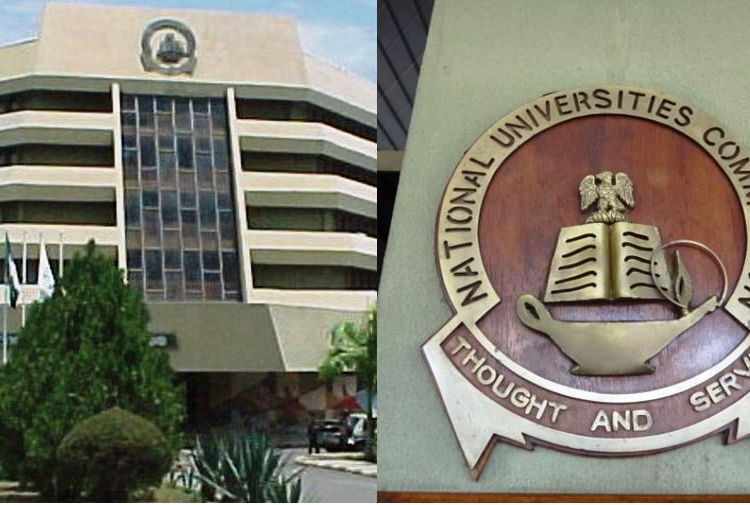The National Universities Commission (NUC) has urged Nigerian universities participating in the Africa Centres of Excellence (ACE) project to ensure its sustainability beyond the conclusion of World Bank funding.
The executive secretary, National Universities Commission (NUC), Prof Abdullahi Ribadu, stated this at the pre-closure retreat for the ACE Impact Project in Abuja on Wednesday.
The ACE project in Nigeria, aimed at enhancing postgraduate education and research in critical sectors, is set to officially conclude its current phase of funding by June 30.
Speaking, Ribadu hailed the ACE-Impact initiative, noting that it had elevated Nigeria’s academic institutions into globally competitive hubs of knowledge generation, innovation, and development.
He emphasised that the centres must transition from temporary project status into “permanent institutional assets”, while urging vice-chancellors and centre leaders to solidify their sustainability strategies.
He also urged them to secure diversified funding sources, and entrench governance frameworks that attract both public and private investment.
“This project has empowered our universities and contributed significantly to regional integration and internationalisation.
“ACE Centres have produced high-quality master’s and PhD graduates, secured international accreditations, attracted major external funding, and driven innovation across key sectors such as health, agriculture, STEM, and education.
“This is not the end, but the beginning of a new phase of responsibility. We must scale up the gains of the past decade and ensure these Centres remain engines of growth and regional leadership,” he said.
Speaking on the achievements of the project, the national project coordinator of the ACE Project, Joshua Attah, said the project, which spans 17 centres housed within 14 Nigerian universities, had made significant strides.
Attah said these strides were made in research output, postgraduate training, and regional academic integration.
“These projects are not going away, what’s ending is the funding, but the infrastructure, the capacity, and the benefits to students and researchers remain firmly in place,” he said.
He added that the ACE centres have been pivotal in training master’s and PhD students, including a growing number of foreign scholars, marking a revival in Nigeria’s regional academic leadership.
He explained that the ACE impact had expanded the initiative to 53 centres across 11 countries, with Nigeria hosting the highest number, having 17 Centres of Excellence.
“These centres cover strategic areas such as maternal and child health, cybersecurity, sustainable power, dryland agriculture, food security, and digital science. They have collectively positioned Nigeria at the forefront of academic excellence and development-driven research on the continent,” he added.
Attah further said the 17 centres had earned $89.1 million through the achievement of Disbursement Linked Indicators (DLIs) and generated additional funding of over ₦3.2 billion, $24.9 million, €1.77 million, and £589,000 from local and international sources.











